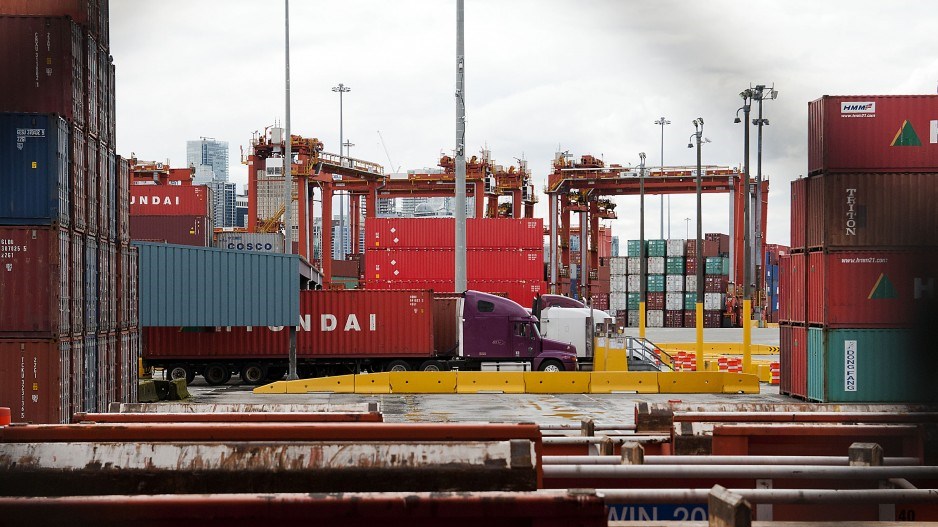The union representing port workers in B.C. is intensifying bargaining pressure in its current negotiations for a new contract with the province’s maritime employers.
On Monday (June 5), the International Longshore & Warehouse Union Canada (ILWU) authorized a strike vote for the 7,400 unionized dockworkers and foremen employed at Canada’s West Coast ports.
The vote, scheduled for June 9 and 10, follows the expiration of a Federal Mediation and Conciliation Service (FMCS) conciliation process that the union had kick-started when it filed a notice of dispute with the federal government following only a handful of preliminary contract discussions with the BC Maritime Employers Association (BCMEA).
The threat of a potential disruption of cargo flow through Canada’s Asia-Pacific Gateway comes at a time when ocean carriers and North America port terminals are facing a significant drop in container and other cargo traffic as inflation and fears of recession continue to slow trade on the transpacific and other major trade routes.
Negotiations between the BCMEA and ILWU entered a 21-day cooling off period on May 31 following completion of the FMCS conciliation process.
The current five-year contract between the BCMEA and ILWU, which took 18 months to negotiate, expired on March 31.
The conciliation process, which consisted of a series of bargaining sessions, began on March 28.
During the cooling off period, both sides in the contract negotiations acquire the right to strike or lockout. However, those rights cannot be exercised until the 21 days have passed, a strike or lockout vote has been taken and a 72-hour strike or lockout notice has been issued.
Both parties have agreed that no 72-hour strike or lockout notice will be filed before June 21, so, the earliest either side could exercise their right to strike or lockout would be on June 24.
Any additional disruption caused by a labour dispute in a supply chain that has suffered from historic bottlenecks over the past three years would seriously damage business prospects for Canada’s Asia-Pacific Gateway now and well into the future. And that would have major implications for a B.C. economy that already faces significant challenges in 2023.
Both the BCMEA and ILWU Canada have declined to comment on the current state of contract negotiations.




